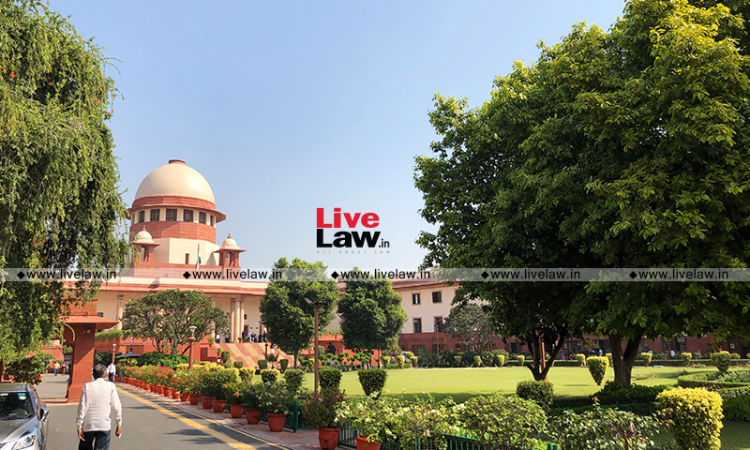Appellate Court While Dealing With An Appeal Against Acquittal Should Not Only Scrutinize Evidence Before It But Also Satisfy Whether Trial Court's Decision Is Possible & Plausible View: Supreme Court
Shruti Kakkar
11 March 2022 6:12 PM IST

Next Story


